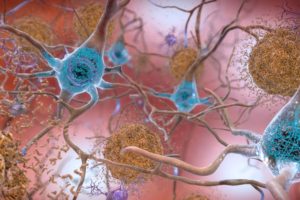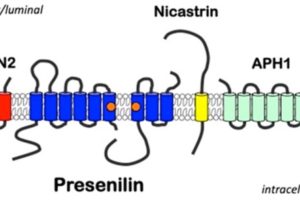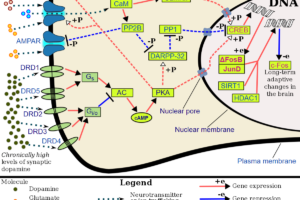If a zebra spotted a lion in the distance, could it stay just a little while longer to eat more grass before running, or would that get it killed?
In a previous article, I explained why strategy games require solid decision-making skill. However, strategy games are only a small part of the vast field of situations where you will need to make accurate and beneficial decisions. Decision making is increasingly complicated as you progress through the journey of life. This article explains the important role that cognitive science plays in helping us understand decision making.
What exactly is cognitive science? The dictionary definition of Cognitive Science is “The study of thought, learning, and mental organization, which draws on aspects of psychology, linguistics, philosophy, and computer modeling”. In short, Cognitive Science is the study of the brain’s functions, including decision making. Cognitive Science helps us understand critical decision making and makes these challenging decisions much easier. When we make decisions, our brain undergoes a complicated series of chemical reactions. Cognitive science easily condenses the complicated process and explains that we use biases, emotion, reason, and memories.

We humans are sentient species, meaning we have our own free will and we are self-aware. Due to this, the art of decision making is common for us. Despite the fact that most other animals are not sentient species, they still make decisions. In a study conducted by MIT, animals would make one of two eye movements depending on what the rule was. That rule switched after every 10-28 tests. Since these animals were not given knowledge about the rule switches, those animals could not determine whether they chose the wrong rule, or they missed the switching interval. This fact proves that most animals cannot think hierarchically. On the other hand, an animal in the wild constantly decides whether to look for food, go to safety, or to stay in place. This simple decision-making skill is prevalent in all animals except chickens and pigs and is instrumental to their survival. Chickens, being prey to many animals, do not have a high survival rate in the wild. Most chickens survive by constantly roosting in bushes, where food is nearby, and they do not have to make hard decisions due to the fact that safety is a few steps away.
Back to the zebra issue. That zebra would run if there were no other members of its group near it. Yet, if the zebra had other members of its group near it, which is far more common, it would graze some more and think that it has a good chance of survival since the lion might go after another zebra. This shows how simple decision making is prevalent in the wild.
Back to the zebra issue. That zebra would run if there were no other members of its group near it. Yet, if the zebra had other members of its group near it, which is far more common, it would graze some more and think that it has a good chance of survival since the lion might go after another zebra. This shows how simple decision making is prevalent in the wild.
Cognitive science helps us understand how animals and humans process information and make decisions, like the ones above. It uses dynamic models to describe processes that determine the evolution of preferences used while making a decision. Preferences evolve based on past experiences, individual risk appetite, and cultural exposures. In conclusion, Cognitive Science explains decision making, makes it easier to replicate successful decision making, and can eventually help us develop smarter machines.
Sources: https://www.umassd.edu/fycm/decision-making/process/
https://www.psychologytoday.com/us/basics/decision-making
https://bcs.mit.edu/news-events/news/how-we-make-complex-decisions
https://www.mentalfloss.com/article/25744/10-provocative-questions-about-raising-chickensanswered.





